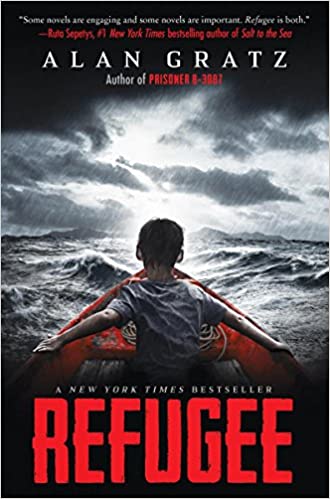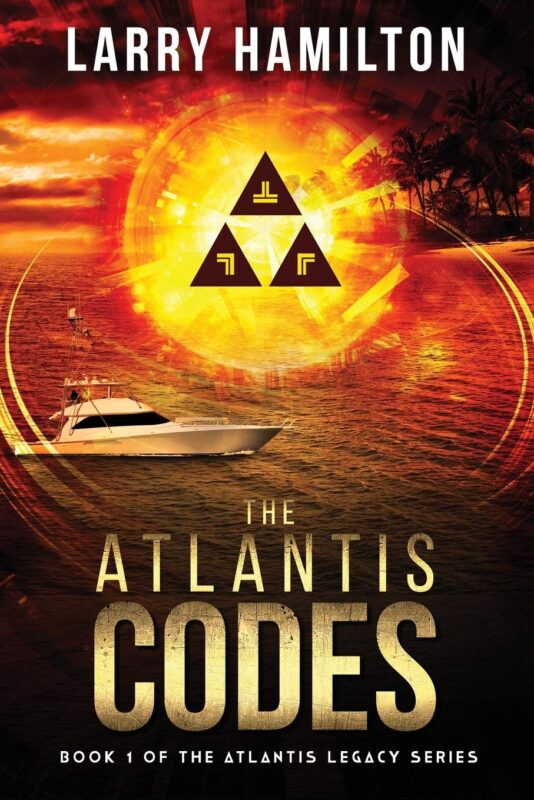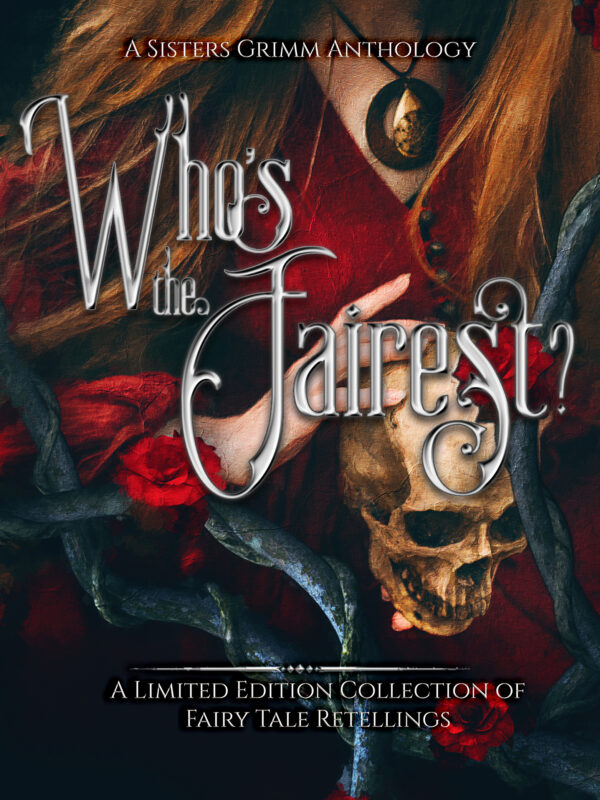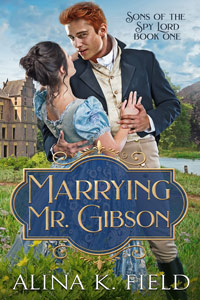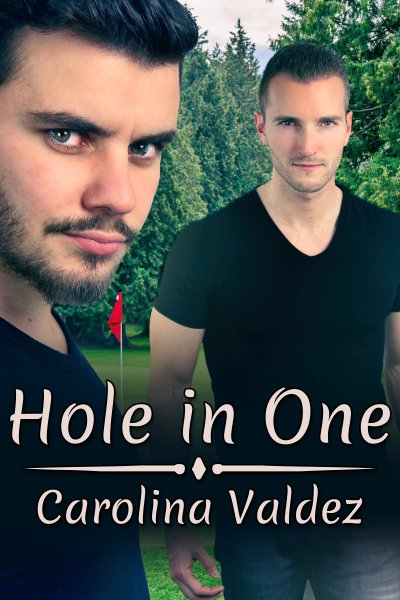Networking
July 6, 2009 by Linda O. Johnston in category Pets, Romance & Lots of Suspense by Linda O. Johnston, Writing: It's a Business tagged as Berkley Prime Crime, Linda O. Johnston, Silhouette NocturneWriters are a solitary lot. We have to be, at least to some extent. It’s not possible to be surrounded by people all the time and still create our stories. I, at least, can’t write with other people’s voices interrupting my thoughts.
But we need other people around sometimes–including other writers who understand what we’re going through during our creative process.
That’s why I’m really looking forward to our upcoming OCC meeting. The afternoon session of the meeting is all about networking with published authors. Whether you’re published or not, talk to us! Especially if you’re attending the upcoming RWA National Conference in Washington, D.C.
I’ll be at the National Conference. I hope to attend some workshops. But mostly, these days, I go there to network–with other writers, editors at the houses that publish my books, my agent… as many people as I can. It helps to inspire me.
How about you? Will you be at OCC? The RWA National Conference? Both? And what do you hope to get from them?
Linda O. Johnston
http://www.lindaojohnston.com/
http://www.killerhobbies.blogspot.com/
Linda O. Johnston is the author of 16 romance novels and several novellas, including a Nocturne Bites, with at least one more Nocturne upcoming. She also writes the Kendra Ballantyne, Pet-Sitter mystery series from Berkley Prime Crime.
The Artist’s Way
June 29, 2009 by A Slice of Orange in category The Artist Way by Gillian Doyle tagged as Artist's Way, Gillian Doyle “If you feel stuck in your life or in your art, few jump starts are more effective than a week of reading deprivation.
“If you feel stuck in your life or in your art, few jump starts are more effective than a week of reading deprivation.
No reading? That’s right: no reading. For most artists, words are like tiny tranquilizers. We have a daily quota of media chat that we swallow up. Like greasy food, it clogs our systems. Too much of it and we feel, yes, fried.
It is a paradox that by emptying our lives of distractions we are actually filling the well. Without distractions, we are once again thrust into the sensory world.”
In the workshop that I attended — http://www.artistswaylosangeles.com/ — facilitator Kelly Morgan had said that Julia has since updated this assignment to media deprivation, not just reading. Immediately, students protested. What about reading emails required for work? Same for texting. What about music on the car radio to and from work? Not to mention the traffic reports to maneuver the commute on the freeways? An hour’s drive in silence? You’ve got to be kidding! Elevators have video screens with news feeds. Some supermarkets have them in the produce section, meat department and at the checkout aisle!
We are in Hollywood, for god’s sake! Okay, technically, the class was being held at the Bodhi Tree Bookstore in WEST Hollywood, but still … This IS the Media Mecca of the world. Even billboards are full-featured video screens. One classmate works at a television network that has multiple flat-screen TVs lining the walls of the office. How do you implement media deprivation in that kind of environment?
The buzz of conversations in the classroom made me smile to myself. Wow, did this ever push the big panic button in everyone! Myself, included. It was probably one of the most difficult assignments. Some students did better than others. I must admit that I “fell off the wagon” a few times.
Aside from work-required media, Kelly did allow one small exception. If it meant the difference between doing or not doing the assignment, she suggested tuning the car radio to a station that played only instrumental music so that there were no words to draw attention away from your own “mind chatter.”
Then there’s the computer . . .
I think a lot of us writers get lured away from our writing with research-surfing or PR — texting/tweeting/emailing/blogging to keep our names out there among the readership. I know from my own experience how much these things drain hours out of our day. We think it’s just a few minutes here and there, but it isn’t. And I do believe that our brains get lulled into thinking that we did our writing for the day. Thus, when it’s time to get back to work on our novel, we don’t have as much energy as we could have.
Julia writes: “We often cannot hear our own inner voice, the voice of our artist’s inspiration, above the static. … If we monitor the inflow and keep it to a minimum, we will be rewarded for our reading [media] deprivation with embarrassing speed. Our reward will be a new outflow. Our own art, our own thoughts and feelings, will begin to nudge aside the sludge of blockage, to loosen it and move it upward and outward until once again our well is running freely.”
So if you are having a tough time with your writing these days, try this assignment. Just for one week. That’s a do-able time frame. Give yourself this opportunity to find out what this experience is for you. No two people will have the same experience. So it won’t do you a bit of good to hear about my experience, what I learned. You need to find out what your inner Artist is going to say to you. It’s a challenge, but well worth the effort. It doesn’t cost anything. It doesn’t require taking time off from work or flying out of town to a conference. What do you have to lose?
– Gillian Doyle
http://www.gilliandoyle.com/
http://twitter.com/GillianDoyle
http://www.facebook.com/home.php#/gilliandoyle.novelist?ref=profile
http://www.myspace.com/gillian_doyle
http://www.gilliandoyle.blogspot.com/
Learning to Love the Writing Process
June 28, 2009 by A Slice of Orange in category Archives tagged as novels, writers, writing processWriting a book is not easy. If it were, everyone would do it.
It’s not like writing a term paper. Yes, it requires hard work and research, but the thing that makes a book special is the heart and soul the author puts into it. It really is like childbirth. There’s a lot of pain and sweat and maybe some cursing, and then finally a new project is brought into the world—a unique and wonderful project that is nothing like anyone else’s. Just like a baby.
When a writer first decides to write a book, most of the time he or she is not quite sure how to go about it. The non-writing part of the population figures you just need to sit down and put in some time and poof—a book is born (See term paper reference above). Yes, writing an entire book does take time. How much time? That depends on the writer. And you can speed up your writing time by accepting and loving your Process.
What is your Process? It is how you write your book. Not how I write my book—that’s my Process. You need to figure out your own process—what works for you that gets you from Page One to The End. And the best way to do that is to write a book, all the way through.
Every writer has his or her own process. I’ve written and published twelve books over the past ten years or so, and I still call up my friend when I get stuck. And I still get stuck at the same place in every book—between chapters five and nine—where I spend a long time banging my head against the wall and wondering if I will ever finish another book in my life…EVER. And you know what my friend says? “Oh, that’s just your process.â€
For some reason, knowing that this is my process immediately makes me feel better.
“You do this with every book,†she says.
I do?
“I’ve been studying your process. I’m trying to learn from it.â€
You are? Can you clue me in?
I have learned some things about my process over the years. There’s the chapter 5-9 problem. Usually when I’m in the middle of a frustrated, Tasmanian Devil spin, the realization that I am at the end of chapter six calms me down. Okay, this is what I always do. Grit teeth and tough it out.
Then there’s the fact that I am sort of an organized pantser. I’ve been selling on synopsis for about eight or nine years now. I write a synopsis and get approval from the publisher, and then I start writing the book. I write the first couple of chapters. Go back, change them. Decide no, that’s not where the story starts. Write a different beginning. Okay, this one might work. Write some more (usually just up to chapter 4 or so—don’t want to hit the No Man’s Land of Chapters 5-9 while still wrestling with the beginning). I might even write a third incarnation of the beginning of the book. Send to writing friends for review. Get comments. Maybe I hear a speaker or read a writing book that makes me reconsider the beginning. Maybe I try storyboarding, but something still isn’t right. In the end, nine times out of ten I will end up going back to my first version of the beginning of the book. Turns out that was the right place to start after all.
Once I have accepted the beginning few chapters, and I have wrestled with my chapter 5-9 issue, I usually get to the first love scene in the middle of the book—around chapter 10 or so. Writing love scenes and sexual tension is easy for me, so once I get to that point, the rest of the book flies. I am able to surge forward at warp speed and finish the book on time.
With every book I write, the frustration is still there. The certainty that my last book may well have been my LAST book. Every beginning I chase myself in circles. Every second quarter of the book I bang my head against the wall. Then I hit the middle and suddenly the words fly almost faster than I can type them. And when it’s all over, I have a book to submit.
Then I have to do it all again for the next one.
Understanding my process definitely makes it easier to accept while I am in the midst of deadline angst. Loving my process is harder, but the two of us are joined irrevocably. We create wonderful stories together, and that makes it all worthwhile.
A Fantasy Life
June 28, 2009 by A Slice of Orange in category A Fantasy Life by Janet Cornelow tagged as Janet Cornelow, Janet Quinnby Janet Quinn Cornelow
I hope everyone is having a great weekend.
Me. I’ve been laid up with a pinched nerve in my back for the last week. Now, I am having a strange reaction to the pills they gave me and can’t breath.
However, I did want everyone to think I just forgot it was my day to blog, so this is it.
Have a great July 4th also.
OCCRWA July Online Workshop – “Writing Cozy Mysteries” w Emily Brightwell
June 26, 2009 by A Slice of Orange in category Archives********** permission to forward **********
Hi everyone! Check out the exciting online classes offered by the Orange County Chapter of RWA!
“Writing Cozy Mysteries”
With Cheryl Arguile w/a Emily Brightwell
July 13, 2009 – August 8, 2009
Enrollment Information at http://www.occrwa.org/onlineclassJul09.html
COST: $20 for OCC members, $30 for non-members
Enrollment deadline: July 12, 2009
If you have specific questions, email occrwaonlineclass@yahoo.com
ABOUT THE CLASS:
In Cozy Writing 101, Emily Brightwell will share the method she uses to plot her “Inspector and Mrs. Jeffries” Victorian mystery series. In this class, Emily will cover everything from how to come up with a real killer of an idea to how to get to the solution of the crime. Topics covered will include : coming up with your protagonist, how to find the very best suspects, the kind of setting needed for a cozy, how to plant clues and red herrings and finally, the final resolution.
This is the same great class Emily taught here in 2006!
ABOUT THE INSTRUCTOR:
Emily Brightwell is the author of the best-selling Victorian London Murder Mysteries featuring the detective team of Mrs. Jeffries and Inspector Witherspoon. She has written twenty-five novels in this cozy mystery series and is busy working on the next.Born in West Virginia, her family moved to Los Angeles when she was ten. After high school, she attended California State University at Fullerton and earned a Degree in American Studies.In addition to writing the Mrs. Jeffries’ series, she has also written six Young Adult novels for Berkley under her maiden name, Cheryl Lanham. Emily and her family live in Southern California.
Enrollment Information at http://www.occrwa.org/onlineclassJul09.html
COST: $20 for OCC members, $30 for non-members
Enrollment deadline: July 12, 2009
Coming in August – Using Body Language and Vocal Gestures to Create More Believable Characters with Bill Edmunds
We will learn how to better stir the blood of our readers by creating more believable romance characters through descriptions of body language and vocal gestures.
http://www.occrwa.org/onlineclasses.html.
Check out our full 2009 list of workshops.
Want to be notified personally two weeks before each class? Be sure you’re signed up for our Online Class Notices Yahoo Group! Sign up at the bottom of http://www.occrwa. org/onlineclasses.html or send a blank email to OCCRWAOnlineClassNotices-subscribe@yahoogroups. com
********** permission to forward **********
Affiliate Links
A Slice of Orange is an affiliate with some of the booksellers listed on this website, including Barnes & Nobel, Books A Million, iBooks, Kobo, and Smashwords. This means A Slice of Orange may earn a small advertising fee from sales made through the links used on this website. There are reminders of these affiliate links on the pages for individual books.
Search A Slice of Orange
Find a Column
Archives
Featured Books
THE ATLANTIS CODES
Trouble is coming…coming by land…coming by sea. Coming for you…and coming for me.
More info →MARRYING MR. GIBSON
She won't be forced into marriage to a nobleman's by-blow. He won't be trapped into marriage by a father he's never known.
More info →
HOLE IN ONE
By day they had been fierce rivals in a collegiate golf competition, but at night . . .
More info →Newsletter
Contributing Authors
Search A Slice of Orange
Find a Column
Archives
Authors in the Bookstore
- A. E. Decker
- A. J. Scudiere
- A.J. Sidransky
- Abby Collette
- Alanna Lucus
- Albert Marrin
- Alice Duncan
- Alina K. Field
- Alison Green Myers
- Andi Lawrencovna
- Andrew C Raiford
- Angela Pryce
- Aviva Vaughn
- Barbara Ankrum
- Bethlehem Writers Group, LLC
- Carol L. Wright
- Celeste Barclay
- Christina Alexandra
- Christopher D. Ochs
- Claire Davon
- Claire Naden
- Courtnee Turner Hoyle
- Courtney Annicchiarico
- D. Lieber
- Daniel V. Meier Jr.
- Debra Dixon
- Debra H. Goldstein
- Debra Holland
- Dee Ann Palmer
- Denise M. Colby
- Diane Benefiel
- Diane Sismour
- Dianna Sinovic
- DT Krippene
- E.B. Dawson
- Emilie Dallaire
- Emily Brightwell
- Emily PW Murphy
- Fae Rowen
- Faith L. Justice
- Frances Amati
- Geralyn Corcillo
- Glynnis Campbell
- Greg Jolley
- H. O. Charles
- Jaclyn Roché
- Jacqueline Diamond
- Janet Lynn and Will Zeilinger
- Jaya Mehta
- Jeff Baird
- Jenna Barwin
- Jenne Kern
- Jennifer D. Bokal
- Jennifer Lyon
- Jerome W. McFadden
- Jill Piscitello
- Jina Bacarr
- Jo A. Hiestand
- Jodi Bogert
- Jolina Petersheim
- Jonathan Maberry
- Joy Allyson
- Judy Duarte
- Justin Murphy
- Justine Davis
- Kat Martin
- Kidd Wadsworth
- Kitty Bucholtz
- Kristy Tate
- Larry Deibert
- Larry Hamilton
- Laura Drake
- Laurie Stevens
- Leslie Knowles
- Li-Ying Lundquist
- Linda Carroll-Bradd
- Linda Lappin
- Linda McLaughlin
- Linda O. Johnston
- Lisa Preston
- Lolo Paige
- Loran Holt
- Lyssa Kay Adams
- Madeline Ash
- Margarita Engle
- Marguerite Quantaine
- Marianne H. Donley
- Mary Castillo
- Maureen Klovers
- Megan Haskell
- Melanie Waterbury
- Melisa Rivero
- Melissa Chambers
- Melodie Winawer
- Meriam Wilhelm
- Mikel J. Wilson
- Mindy Neff
- Monica McCabe
- Nancy Brashear
- Neetu Malik
- Nikki Prince
- Once Upon Anthologies
- Paula Gail Benson
- Penny Reid
- Peter Barbour
- Priscilla Oliveras
- R. H. Kohno
- Rachel Hailey
- Ralph Hieb
- Ramcy Diek
- Ransom Stephens
- Rebecca Forster
- Renae Wrich
- Roxy Matthews
- Ryder Hunte Clancy
- Sally Paradysz
- Sheila Colón-Bagley
- Simone de Muñoz
- Sophie Barnes
- Susan Lynn Meyer
- Susan Squires
- T. D. Fox
- Tara C. Allred
- Tara Lain
- Tari Lynn Jewett
- Terri Osburn
- Tracy Reed
- Vera Jane Cook
- Vicki Crum
- Writing Something Romantic
Affiliate Links
A Slice of Orange is an affiliate with some of the booksellers listed on this website, including Barnes & Nobel, Books A Million, iBooks, Kobo, and Smashwords. This means A Slice of Orange may earn a small advertising fee from sales made through the links used on this website. There are reminders of these affiliate links on the pages for individual books.


